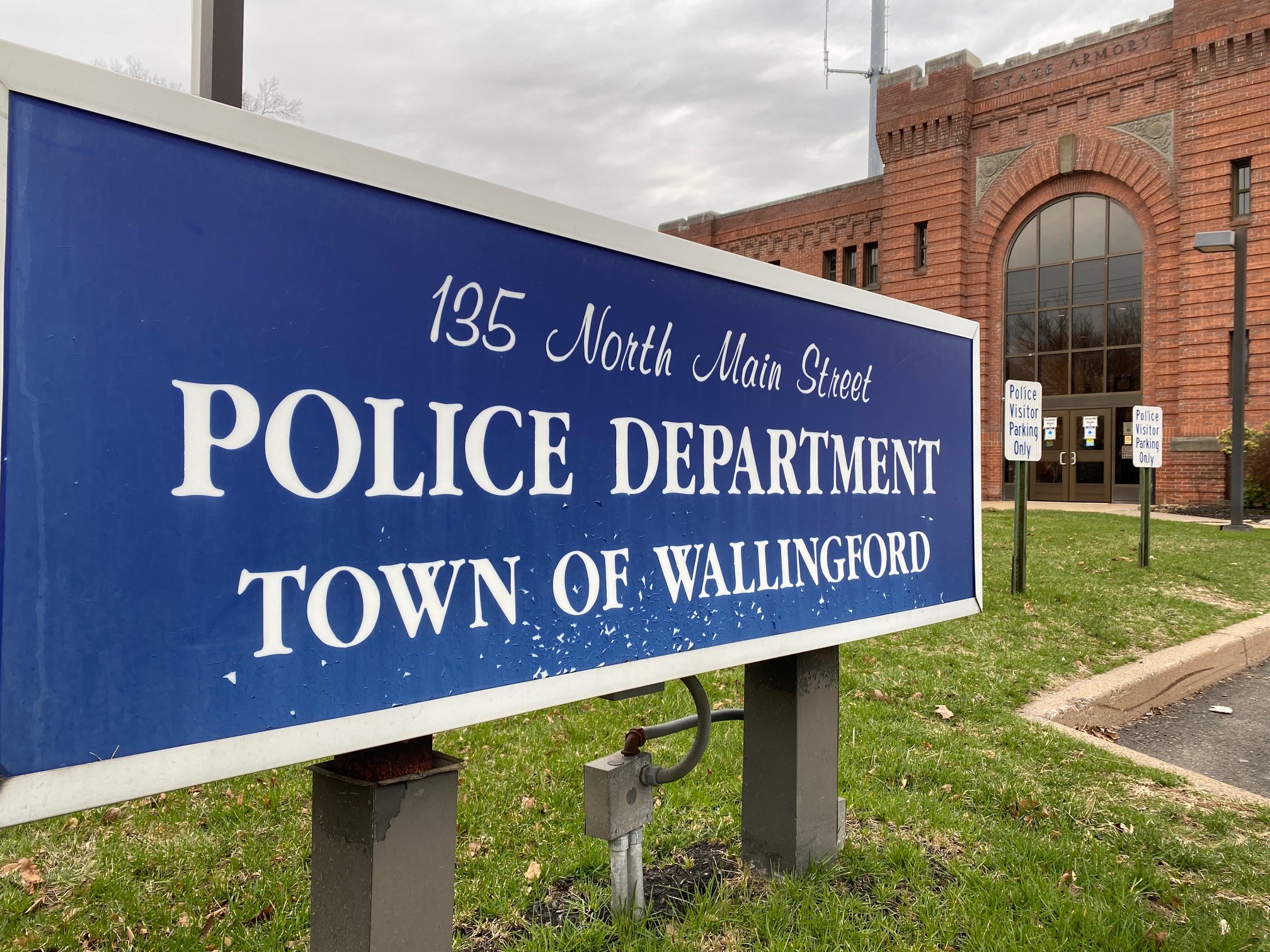Information on foodborne illness cases, school staffing records and problems with your public services should be readily accessible to the public. The 169 towns and cities in Connecticut are required by law to provide this kind of information when it’s requested, but getting access to it is a challenge.
State and federal Freedom of Information laws are there to ensure the public’s access to their government. Everything from attending public meetings, such as school board meetings, to obtaining copies of your police record are rights protected by these laws. In Connecticut, there’s no central clearinghouse for public records and, without regional government it’s up to each of the state’s municipalities, school districts and public safety agencies to provide information. That’s hundreds of public agencies.
If you want to know what’s happening on a state-wide level, you need to ask each individual local agency for what you want. Many of these agencies struggle with small staffs and outdated technology, making simple public records requests a time-consuming and challenging process for both the public and their public employees.
The NBC Connecticut Troubleshooters wanted to see what would happen if we asked all of Connecticut’s public school districts for the same information. We sent Freedom of Information, or FOI, requests to the state’s more than 190 public school districts and charter schools, asking which school employees were on leave and why, for one random date in April.
Two weeks later, the responses we received were all over the board.
Less than half of the districts gave us what we asked for, and those records came in formats ranging from Board of Education meeting minutes approving an employee’s leave to printouts of that day’s attendance log.
Local
Bloomfield and North Haven public schools each cited a court decision saying they are not obligated to create records for our request. Neither district responded to our question of whether they maintain attendance records.
Three asked the Troubleshooters to first mail them a check for labor costs. Under state law, agencies can charge 50 cents per page to copy records.
More than 40 districts did not respond in any way within two weeks. Some school districts redacted their employees’ names from the records. One charter school director suggested The Troubleshooters send the request to the state’s Department of Education. And we received many calls and emails asking what our story is and who else we requested information from.
That’s not alright, according to Colleen Murphy, the executive director and general counsel of the state’s Freedom of Information Commission.
“That is not appropriate to ask somebody why they want the government information, or to provide more context or background,” Murphy said.
The FOI Commission conducts numerous outreach and education programs for public employees, but Murphy explained the sheer number of government agencies spread out all over the state can make it difficult to keep up.
“There’s a real varied level of knowledge about what the law is. You can get different results in different towns, unfortunately,” Murphy added.
The Troubleshooters wanted to find out why it was so difficult to get the information we requested, so we asked to speak with Fran Rabinowitz, executive director of the Connecticut Association of Public School Superintendents.
Rabinowitz said superintendents know the FOI law well. She told us she received calls and emails from superintendents who felt our request was not clear, and she said some expressed concern about our motives.
“’What’s going on here?’ I rather think that was another question,” Rabinowitz explained.
Our motivation for requesting records shouldn’t matter, according to the state’s Freedom of Information Commission.
Rabinowitz said she understood our request and agreed it is disclosable information, but said some superintendents might have hesitated to comply because they lack the time and staff needed to track down information.
The records might belong to the public, but getting them comes at a price.
See below for a full list of the school districts and charter schools we contacted, and the response we received within two full weeks of making our request.
if("undefined"==typeof window.datawrapper)window.datawrapper={};window.datawrapper["tRdfq"]={},window.datawrapper["tRdfq"].embedDeltas={"100":1901,"200":1231,"300":1077,"400":952,"500":910,"700":854,"800":854,"900":840,"1000":812},window.datawrapper["tRdfq"].iframe=document.getElementById("datawrapper-chart-tRdfq"),window.datawrapper["tRdfq"].iframe.style.height=window.datawrapper["tRdfq"].embedDeltas[Math.min(1e3,Math.max(100*Math.floor(window.datawrapper["tRdfq"].iframe.offsetWidth/100),100))]+"px",window.addEventListener("message",function(a){if("undefined"!=typeof a.data["datawrapper-height"])for(var b in a.data["datawrapper-height"])if("tRdfq"==b)window.datawrapper["tRdfq"].iframe.style.height=a.data["datawrapper-height"][b]+"px"});



